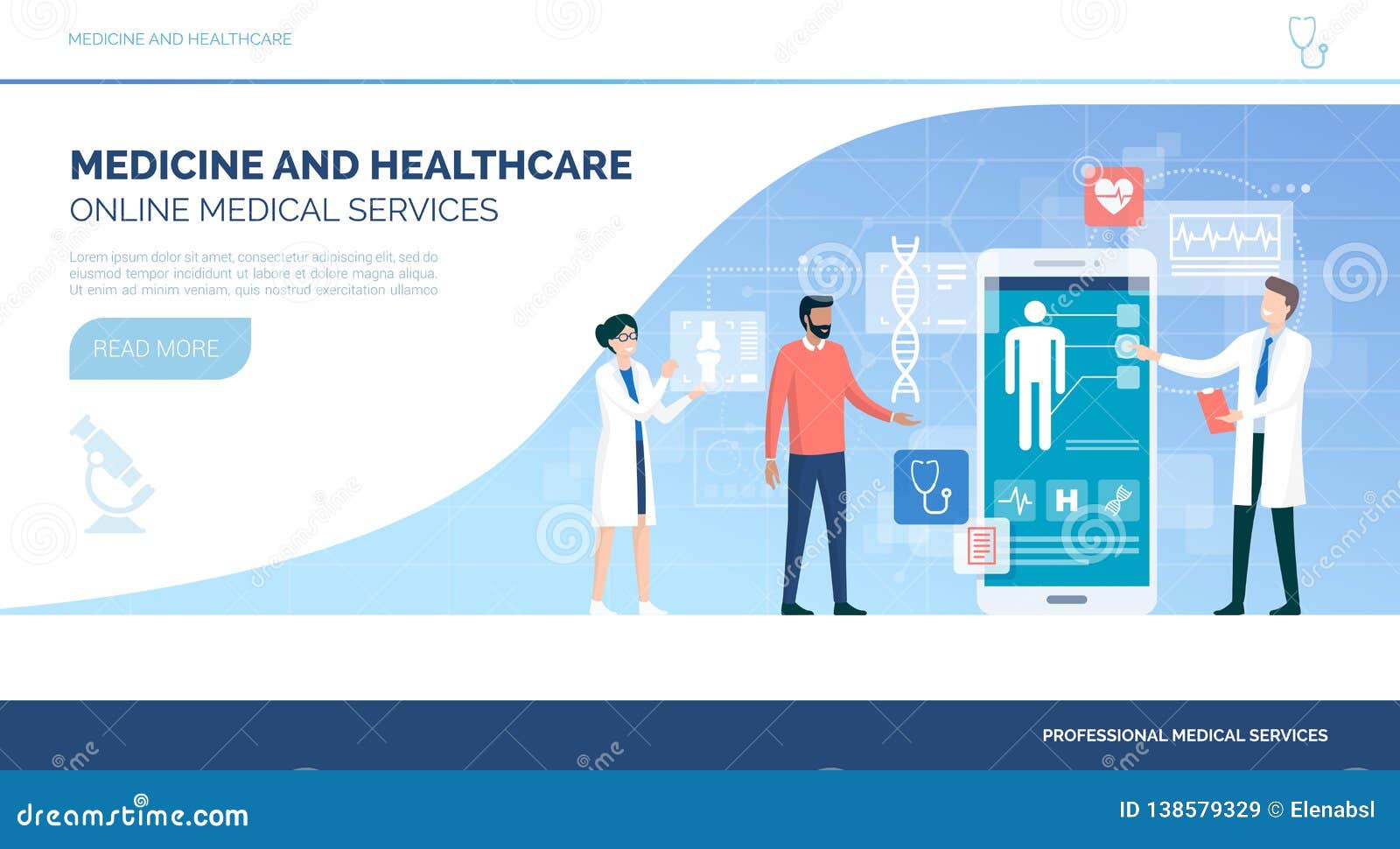The Increase of Subscription-Based Medical Care and Its Effect On Individual Treatment
As health care evolves, the subscription-based version is getting traction, assuring to reinvent client care by providing predictability and ease of access. The capacity for these models to reshape medical care delivery elevates pressing inquiries regarding their lasting sustainability and inclusivity. Are these membership solutions the future of health care, or do they risk leaving at risk populations behind?
Recognizing Subscription Medical Care Models
Realizing the concept of subscription health care models includes examining a transformative technique to clinical services that highlights price and ease of access. These versions, commonly described as direct key care (DPC) or concierge medication, have actually become ingenious choices to traditional fee-for-service health care systems. Registration healthcare enables individuals to pay a set monthly or annual charge for a specified collection of medical services, which might include unlimited office gos to, routine exams, and standard laboratory tests, without the need for standard insurance policy billing.
The structure of membership health care versions is made to streamline client care by eliminating third-party payers and complicated invoicing codes, consequently lowering management worries. Doctor can concentrate a lot more on person treatment, cultivating more powerful patient-provider connections. This design additionally advertises preventative treatment by motivating routine gos to, as the financial obstacle of per-visit charges is removed.
The registration version often encourages doctor to take care of smaller sized patient panels, enabling more individualized care. It aligns economic rewards with client health end results, as providers are encouraged to preserve patient complete satisfaction and well-being. Overall, recognizing membership healthcare models calls for acknowledging their potential to improve exactly how treatment is provided and accessed.
Benefits for Companies and patients

For service providers, subscription-based models supply the possibility to grow patient-provider relationships. With a steady revenue stream, healthcare experts can devote more time to each client, bring about an extra comprehensive and customized care experience. This model also lowers dependence above individual quantities, easing exhaustion and improving task complete satisfaction. Additionally, the emphasis on preventative treatment within membership plans can lead to far better person end results and minimized long-lasting healthcare costs. By concentrating on continuous treatment, providers can resolve concerns prior to they intensify, ultimately profiting the medical care system in its entirety by decreasing the burden on emergency situation and acute treatment services.
Concerns and difficulties
While subscription-based medical care models existing countless benefits, they likewise include a collection of challenges and worries that have to be addressed. First, access remains a considerable concern, as these versions often target people who can pay for month-to-month costs, possibly excluding low-income populations. This increases honest concerns regarding fair access to health care services. Furthermore, the different nature of membership plans can result in confusion among clients concerning protection specifics, potentially resulting in unmet assumptions or poor treatment.
Financial sustainability of subscription-based designs is an additional problem. Service providers must stabilize the set earnings from subscriptions with the variable prices of health care services, which might change due to unpredicted clinical needs. This can develop pressure to limit solutions or increase costs, potentially impacting person contentment and care high quality.
Furthermore, regulative oversight of subscription-based health care versions is still advancing. Dealing with these difficulties is vital for the equitable and successful application of subscription-based health care.
Influence On Patient-Doctor Relationships
One substantial influence of subscription-based healthcare models on patient-doctor connections is the capacity for improved connection and personalized care. By taking on a subscription model, doctors can handle a smaller individual panel, enabling more devoted time with each individual. This enhanced availability fosters a much deeper understanding of an individual's case history, lifestyle, and preferences, enabling more customized therapy strategies and interventions.

Nonetheless, it is very important to identify that while subscription-based models may benefit those who can manage them, they can inadvertently broaden health care disparities. Clients that are not able to join these versions might experience lower access to individualized care, possibly affecting their partnerships with health care companies. Thus, while the membership model uses promising benefits for patient-doctor relationships, it likewise postures challenges that require to be addressed to make sure fair healthcare accessibility.
Future of Healthcare Gain Access To

The function of innovation can not be ignored in this improvement. Telemedicine systems and digital health and wellness documents assist in seamless communication between clients and doctor, damaging down logistical and geographical barriers. Furthermore, developments in expert system and information analytics can better my latest blog post customize healthcare by predicting patient demands and maximizing treatment strategies.
Nonetheless, the future of health care gain access to also presents obstacles, such as making certain equity throughout different click site socio-economic teams. Policymakers and medical care providers have to team up to connect the digital divide, making certain that subscription-based versions remain economical and inclusive. As these systems grow, they hold the guarantee of making healthcare extra easily accessible, efficient, and patient-centric.
Final Thought
Subscription-based healthcare designs are improving client treatment by providing a secure expense framework and enhancing availability. These versions strengthen patient-provider connections via personalized care and routine visits, highlighting preventative wellness. Regardless of these benefits, difficulties such as access issues for low-income populations and the requirement for fair medical care solutions persist. The increase of subscription-based health care urges proactive patient interaction, which has the prospective to enhance client end results and fulfillment, signifying a transformative shift in health care shipment.
As healthcare evolves, the subscription-based model is gaining grip, assuring to change person treatment by using predictability and availability.Subscription-based health care models offer distinct benefits for both individuals and providers, boosting the general healthcare experience.As healthcare systems advance, the future of health care gain access to frequently pivots on the combination of ingenious models and modern technologies.Subscription-based health care models are improving client care by giving a stable cost structure and improving ease of access. The surge of subscription-based healthcare encourages aggressive client engagement, which has the possible to improve person results and dig this complete satisfaction, signifying a transformative shift in medical care shipment.